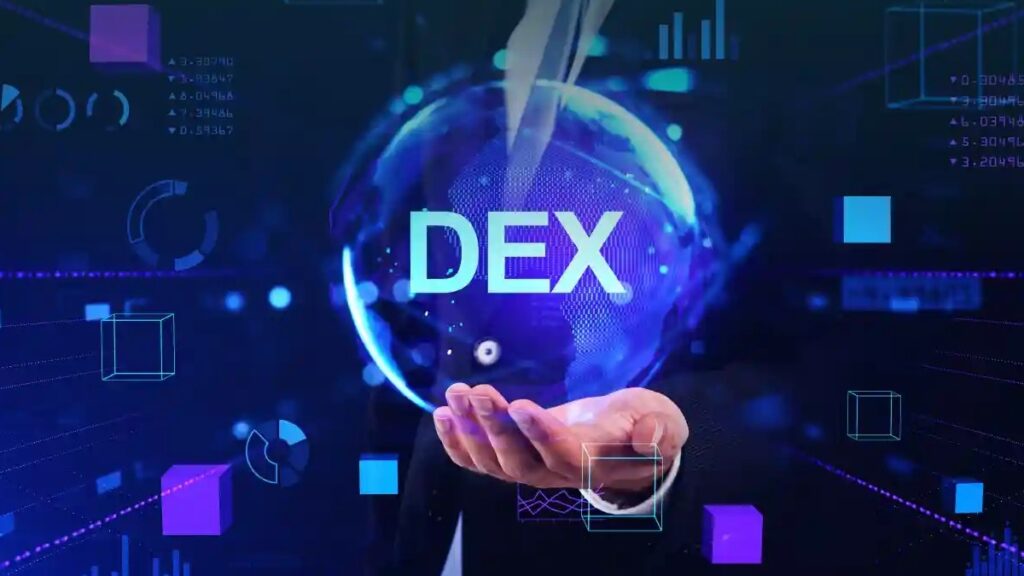TL;DR
- Decentralized exchanges (DEXs) reached a record trading volume of $423 billion in December 2024.
- Solana and Uniswap were the leaders in trading volume, with Solana’s network hitting $115 billion and Uniswap topping the individual platform rankings with $106.4 billion.
- The popularity of DEXs continues to rise due to their advantages in transparency, security, and users’ full control over their assets.
In December 2024, decentralized exchanges (DEXs) achieved an unprecedented milestone by reaching a trading volume of $423 billion, according to Defillama data. This impressive growth reflects the increasing popularity of decentralized finance (DeFi) in the cryptocurrency world, as more users opt for platforms that allow direct, secure trading without intermediaries, resulting in faster transactions and better user experiences.
DEX trading volumes have shown consistent growth in recent months of 2024. In October, $194.74 billion was recorded, and in November, the volume rose to $374 billion, before hitting the record in December. This increase in activity highlights how decentralized exchanges are becoming one of the most efficient and secure ways to conduct transactions in the crypto space, with users benefitting from reduced fees and increased control over their trades.
Leading Platforms and the Rise of Solana
In terms of platforms, Solana’s network was the leader with $115 billion in volume, followed by Binance Smart Chain, which reached $98 billion. Ethereum, which remains a key player in DeFi, contributed $88.47 billion in transactions. A special mention goes to the Base network, backed by Coinbase, which saw $52 billion in trading volume, showing rapid growth in the sector.

As for individual platforms, Uniswap remained the leader with $106.4 billion in transactions during December. PancakeSwap ranked second with $96.4 billion, while Raydium, a Solana-based DEX, had its best month with $58 billion in volume. Other exchanges like Aerodrome and Orca also made significant contributions, with $31 billion and $22 billion, respectively.
The appeal of DEXs among investors lies in their transparency, security, and accessibility. The absence of intermediaries makes it easier for users to maintain full control over their assets, a crucial advantage in an era of growing concerns over privacy and data security.









